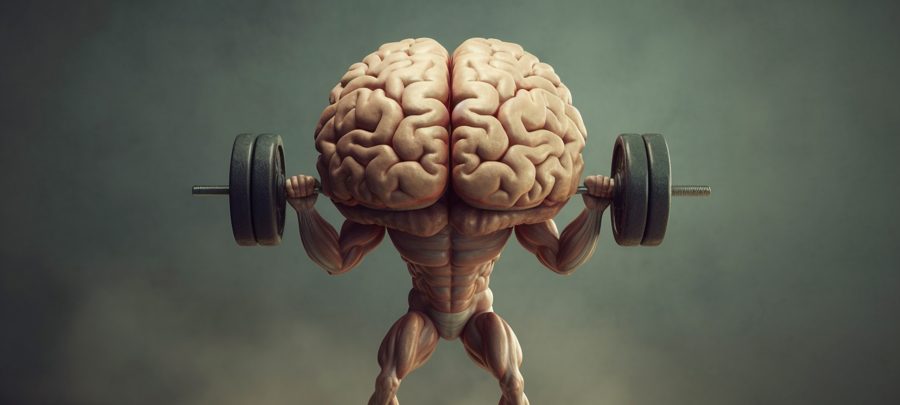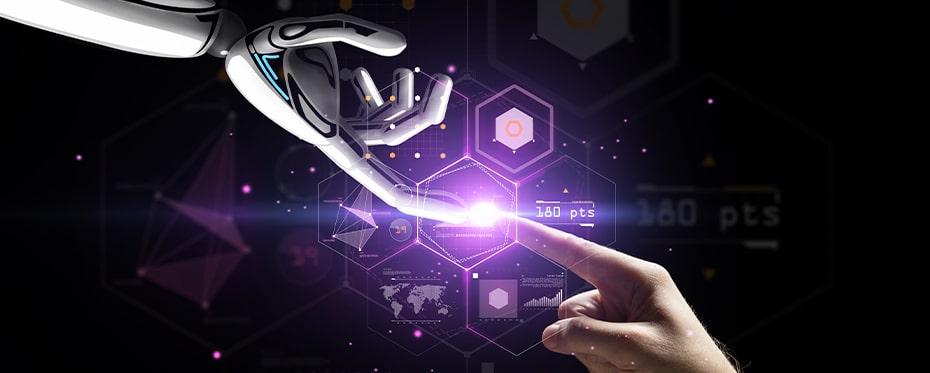Tag: cooperation
Green baize gladiators: Bridge as a mindsport for all

Electronic sports, or esports, have evolved the concept of ‘sport’, especially around the mental acuity needed to play. Professor Samantha Punch at the University of Stirling, together with Dr David Scott at Abertay University, Scotland, see similarities in the card game bridge. They are helping establish a new academic subdiscipline – the sociology of mindsport. In the process, Punch and […]
Read More… from Green baize gladiators: Bridge as a mindsport for all
Asynchronous horizons durable-strategies dynamic games

Professor David Yeung from Shue Yan University, China, and Professor Leon Petrosyan from St Petersburg State University, Russia, are using game theory to understand responses to climate change. They have identified two critical features of real-life problems that involve strategic interactions – durable strategies and participants’ asynchronous horizons – and have developed a new class of dynamic games to solve […]
Read More… from Asynchronous horizons durable-strategies dynamic games
Social dilemmas reveal selective inattention in indirect reciprocity

Cooperation with others generates prosperity within human society, yet research into the evolution of cooperation, particularly indirect reciprocity, has left much unexplained. Indirect reciprocity involves assessment rules and draws on moral judgment. Most studies assume that people will consider all the information available to them before deciding whether to cooperate. Dr Isamu Okada, Associate Professor at Soka University, Japan, has […]
Read More… from Social dilemmas reveal selective inattention in indirect reciprocity
Cooperation with autonomous machines through culture and emotion

People tend to be less cooperative with machines than with humans. Dr Celso de Melo, a computer scientist with the US Army Research Laboratory, and Dr Kazunori Terada, an Associate Professor at Gifu University, Japan, demonstrate how incorporating simple cultural and emotional cues, such as virtual faces showing positive or negative emotion, can help mitigate unfavourable bias toward machines and […]
Read More… from Cooperation with autonomous machines through culture and emotion